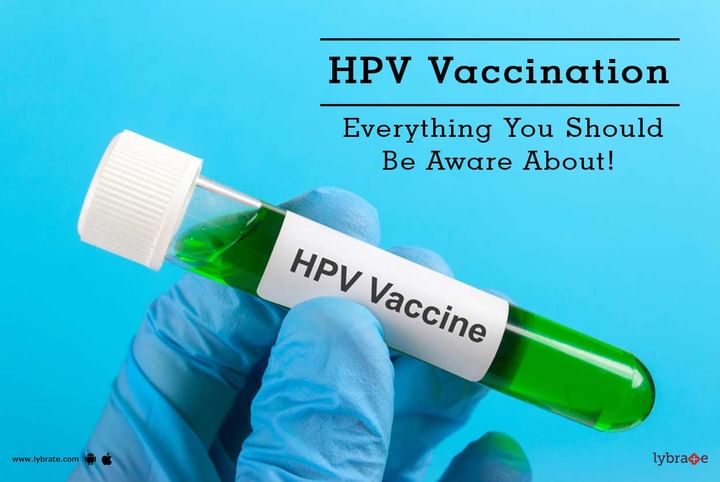HPV Vaccination - Everything You Should Be Aware About!
Human Papillomavirus (HPV) is a group of 200 viruses. 40 of these are transmitted through direct sexual contact. The infections from papillomavirus can cause penile cancer and anal cancer in men. It can cause genital warts, cervical cancer, anal cancer, oropharyngeal cancer, vulval cancer, and vaginal cancer in women. The Human Papillomavirus is used to prevent such diseases.
Transmission and infection from HPV
The symptoms of the HPV infection usually develop years after the first contact. Therefore, there is a huge possibility of transmission of the virus during intimate. HPV virus may be of a high-risk variety or a low-risk variety. The high-risk HPV produces two proteins. These deactivate the tumour suppressing genes. This leads to abnormal growth of cells that causes cancer. Cervical cancer is the most common form of HPV infection.
In India over 1,22,000 women are diagnosed annually from HPV related cancers. Of them, 67,000 women die annually. Thus, India has the highest HPV related deaths in the world. Using HPV vaccination when a person becomes sexually active is the only preventive method.
HPV Vaccine
HPV vaccine is used to produce antibodies against the virus that prevent them from infecting the cells. It contains virus-like particles. These are not infectious despite having the structure of a virus. The vaccine promotes antibody production and prevents future infections. HPV vaccine is quite effective if an individual is immunised before becoming sexually active. The vaccination requires three shots given over a period of 6 months if you are beetween age 13-26. All girls before marriage should take this vaccine. It is single best vaccine which can prevent genital cancer in women.



+1.svg)
